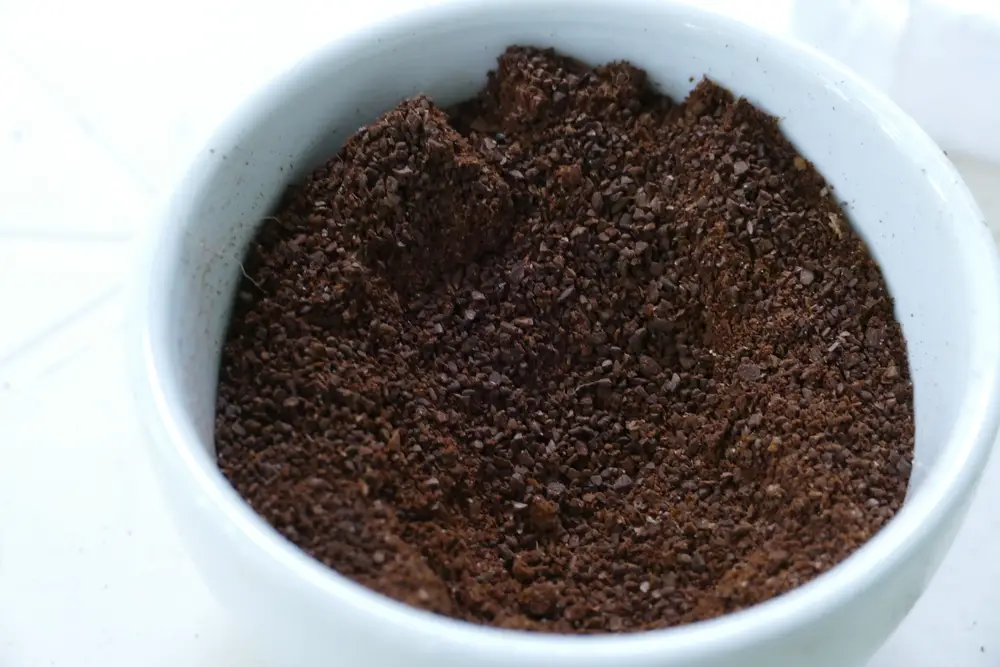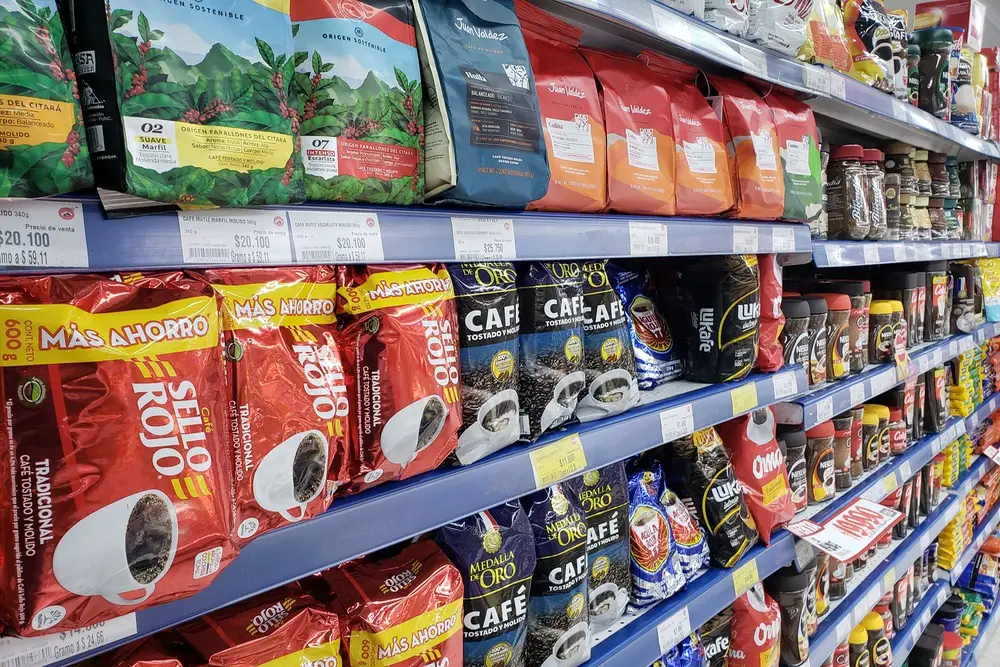Traditionally, coffee consumption is associated with adult life, as a source of energy to be productive in everyday work. This consumption trend can be linked to the mass access to coffee promoted by coffee shops.
Coffee has several negative effects on children because their metabolism does not behave like that of an adult, so components such as caffeine are processed differently in each organism.
Table of Contents
Adverse effects of coffee consumption on children
Coffee can also aggravate heart problems or nervous disorders, so children with these problems should avoid drinking coffee. In too large amounts, coffee can cause nervousness, hyperactivity, and irritability.
Some sources mention the following effects as harmful to children:
Insomnia
Children aged 5 to 12 need at least 11 hours of sleep per day, adolescents 9 to 10 hours.
More and more children are consuming coffee for daytime energy, which can lead to insomnia. Coffee is a stimulant that contains five times more caffeine per serving than a soft drink. Caffeine can remain in the body for up to eight hours, contributing to sleep loss, which only fuels the system further. It is best for children and teenagers to avoid coffee to increase their energy levels.
Tooth decay
Coffee is acidic. Acidic drinks can damage the mouth by weakening teeth; this leads to a decrease in tooth enamel and an increase in tooth decay. Children are more prone to tooth decay than adults because it takes years for the new enamel to harden after the loss of baby teeth and the eruption of adult teeth. Children who drink coffee are at greater risk of oral health problems, such as tooth decay and enamel loss, than adults.
Decreased appetite
Coffee is a stimulant that can lead to loss of appetite. Growing children need a balanced diet with lots of protein, whole grain products, fruit and vegetables. When children drink coffee, the stimulating effects are likely to result in a decrease in appetite and a reduction in overall nutrition.
Loss of bone mass
Coffee is a diuretic, meaning it increases urine production. Excessive urination causes the body to lose calcium, which can lead to bone loss. Not only is it a diuretic, but it also contains large amounts of caffeine, which depletes calcium in the body. For every 100 mg of caffeine consumed, 6 mg of calcium are lost. In children, however, calcium is essential for bone growth.
Hyperactivity
Coffee can cause a range of behavioral problems in children, such as hyperactivity, restlessness and poor concentration. This is because the caffeine found in coffee is a stimulant that increases energy and alertness.
While adults can benefit from this side effect, it can be detrimental to school-age children, who need to be alert and sit still during school hours. The effects of caffeine can last for hours, as long as a full school day.
Coffee components harmful to children
Sugar
Some of today’s most popular coffee drinks contain much more than just coffee. Sugar is a key ingredient in many latte and cappuccino offerings from popular coffee chains.
For example, Starbucks sells a “Double Chocolate Frapuccino Grande”, which contains 52g of sugar, equivalent to the amount of sugar in 400ml of Coca-Cola. This amount of sugar far exceeds the American Heart Association ‘s recommended maximum of 25g per day for people under the age of 18.
Sugar’s health effects are that it increases the risk of obesity and diabetes in young people and may also cause cognitive development problems.
Caffeine
Caffeine has the same side effects in children as it does in adults. These include hyperactivity and caffeine addiction.
Health Canada has indicated that children ages 4 to 6 should consume less than 45 mg per day. Children ages 7 to 9 should consume less than 62.5 mg per day and children ages 10 to 12 should consume less than 85 mg per day. The American Academy of Pediatrics, for its part, strongly advises against caffeine consumption in children.
A clear implication is that caffeine consumed in the afternoon or evening can disrupt sleep in young people. This is because children have higher sleep requirements than adults and they need sleep for healthy growth and academic performance.
Caffeine is a stimulant that affects the nervous system, and further studies have looked at how it can affect the developing brain.
For example, a 2016 study found that regular caffeine consumption changes the way genes are expressed in the brains of rats and that these changes may be associated with increased symptoms of anxiety-related behaviors in the rats’ adulthood.
Other research has found that young rats exposed to caffeine showed increased sensitivity to other stimulants that were later administered, including illicit drugs like cocaine.
Caffeine overdose
Children are most likely already consuming other caffeinated products, such as sodas and chocolate. If they then add coffee, they may be consuming too much caffeine on a daily basis.
Symptoms of caffeine overdose include vomiting, high blood pressure, palpitations, abnormal heart rhythms, and less commonly, disorientation and hallucinations. Young people with certain health conditions, such as heart problems, seizures, or migraines, are at higher risk of caffeine-related problems than others.
Even in the absence of an overdose, other children experience problems with long-term use. Some risks associated with long-term caffeine use may include:
- Sleep problems (difficulty falling asleep and poor sleep)
- Irritability and mood problems
- Elevated levels of stress hormones
- Need for higher doses of caffeine to achieve the desired effect
- Cravings and withdrawal symptoms (including fatigue, headaches, mood swings, and trouble concentrating) when daily caffeine intake is stopped
- Increased risk of panic, anger, violence, risk taking and drug use
- Increased sugar intake when consuming caffeinated sweetened products
What about decaffeinated coffee?
Caffeine is not a mind-altering drug. A mind-altering drug is defined as a drug that causes mood swings or distorted perception. For example, no matter how much caffeine you drink, you never forget who you are.
Therefore, it’s fair to say that the caffeine in decaffeinated coffee doesn’t turn kids into completely different people. A toddler drinking a full cup of strong adult coffee can roam the house all day.
Other caffeine sources for children
Chocolate milk or hot chocolate also contain caffeine. A cup of hot chocolate contains around 5mg of caffeine, which is roughly the same as a cup of decaffeinated coffee (depending on type/size etc.). Coca-Cola, energy drinks and tea also contain caffeine. That means a small sip of it can contain more caffeine than a whole cup of decaffeinated coffee.
Dental problems from drinking coffee
The biggest problem for children is tooth discoloration. Although tooth enamel is the hardest substance in the human body, it is not flat and smooth. Instead, it contains microscopic cracks and ridges that can trap food and drink particles.
Pigments from dark-colored beverages like coffee, tea, and sodas can get lodged in these cracks and ridges and, if proper action isn’t taken, can cause permanent yellow stains on teeth.
Are there positive aspects of coffee consumption in children?
According to some studies, drinking coffee at a young age may even be beneficial. For example, children who drink coffee with milk every day are less likely to suffer from depression than other children.
Studies suggest that coffee improves focus and could likely help children do better on exams, schoolwork, and other short-term mental tasks.
Some sources point to another benefit of children being exposed to ‘adult’ drinks at an early age and thus developing the tools to use them responsibly.
Conclusion
As with most things, moderation is key. Additionally, there are many sources of caffeine that children are likely already consuming on a regular basis. For example, dark chocolate contains 10 times more caffeine than decaffeinated coffee.
In the case of decaffeinated coffee, a small amount with lots of milk is a great way to introduce kids to coffee consumption. Also, avoid sugary additives that can lead to dental problems or obesity.



